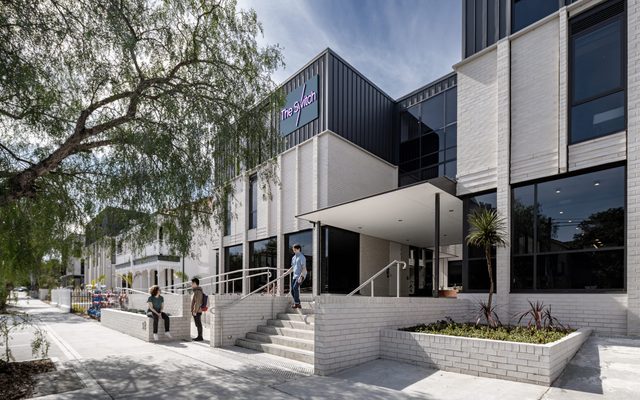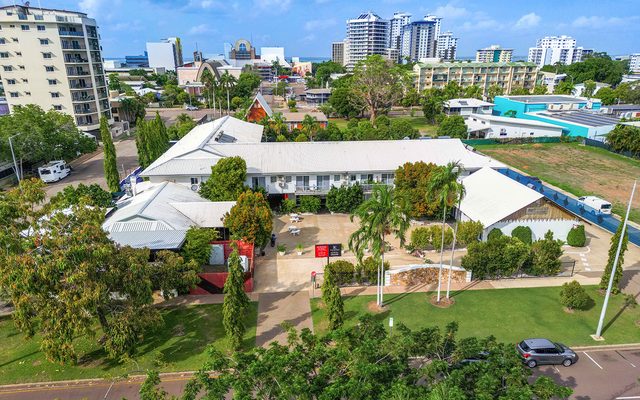This article is from the Australian Property Journal archive
DESPITE government funding through the NDIS and potentially high returns for investors, the specialist disability accommodation sector in Australia remains substantially undersupplied due a lack understanding about the potentially $12 billion market.
According to a new m3property report, based on a 20-year cash flow the sector has recorded running yields on net operating income of between 8 and 14%.
SDA is designed for NDIS participants who cannot live in mainstream housing, but want to live independently from carers, their needs would be best met through SDA. An estimated circa 6% of NDIS participants will have SDA in their plans when the scheme reaches maturity – around 28,000 participants.
Director of Research (Qld) at m3property, Casey Robinson, said the specialised accommodation sector was attracting increased investor interest from privates and some institutional investors and supply is growing as a result. However, Victoria has a shortfall of 2,411 dwellings, while New South Wales is 1,971 dwellings short, Queensland by 1,716, and Western Australia 1,282.
“One key issue with regard to the further spread of the development market, a market which remains in its relative infancy, has been the general lack of understanding about the SDA market including its apparently sound investment fundamentals, the complexity of SDA dwellings, and of course the serious undersupply issue,” Robinson said.
The specialist nature of SDA housing typically requires moderately higher entry costs, but investment returns are generally much higher than those seen in traditional residential housing.
“On the face of it that data should be driving a flourishing development sector but, while there exists a relatively strong market, there remains a lot of room for expansion,” Robinson said.
More than $5 billion in capital is required to be invested in the sector over the coming five years to create new SDA stock, according to the National Disability Insurance Agency (NDIA). The total SDA market is expected to be worth between $10 and $12 billion.
The NDIS has an annual budget of $700 million indexed over the next 20 years for SDA providers, but at the end of 2019 only $148.4 million had been committed in current participant plans.
The federal Department of Social Services this month announced increased flexibility in living arrangement choices for participants.
Laila Burnet, national director health, aged care, and seniors living at m3property, said aside from expected high returns SDA also offered investors the flexibility to offer the dwellings to alternate markets such as aged care or general residential given they were designed and developed to serve multiple uses.
Investment activity over the last 12 months has included Arena REIT’s $23.95 million acquisition of an Adelaide portfolio of three SDA funded properties on a reported initial yield of about 6%, and m3property analysis shows internal rate of return of 7.02%.
Most recently, the Paul Ramsay Foundation, Hesta and Suncorp were among the latest investors in Social Ventures Australia and Federation Asset Management’s Synergis Fund which currently has 11 homes under development across Victoria, New South Wales and Queensland. The $26.5 million fund is a member of the Specialist Disability Accommodation Alliance and is targeting $600 million of investment over the next five years, with long-term ambitions of scaling the fund to more than $1 billion.
Australian Unity launched an SDA fund with a $39 million capital raising. The initial investment includes 33 SDA apartments and five carers apartments across Melbourne. The fund aims to commit about $60 million into the sector over coming months and double the size of its SDA portfolio over the coming year.
Christian Super made a $40 million investment in the Brightlight Real Estate Impact Fund, which will own 25 SDA units to be built and operated by DPN Casa Capace.
Late last year, NAB announced a $2 billion commitment for loans and the development of financing avenues for affordable and specialist housing, including SDA.




